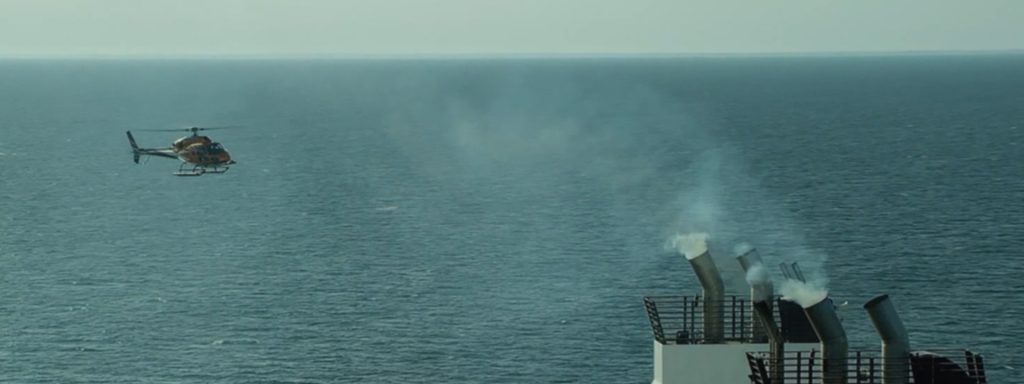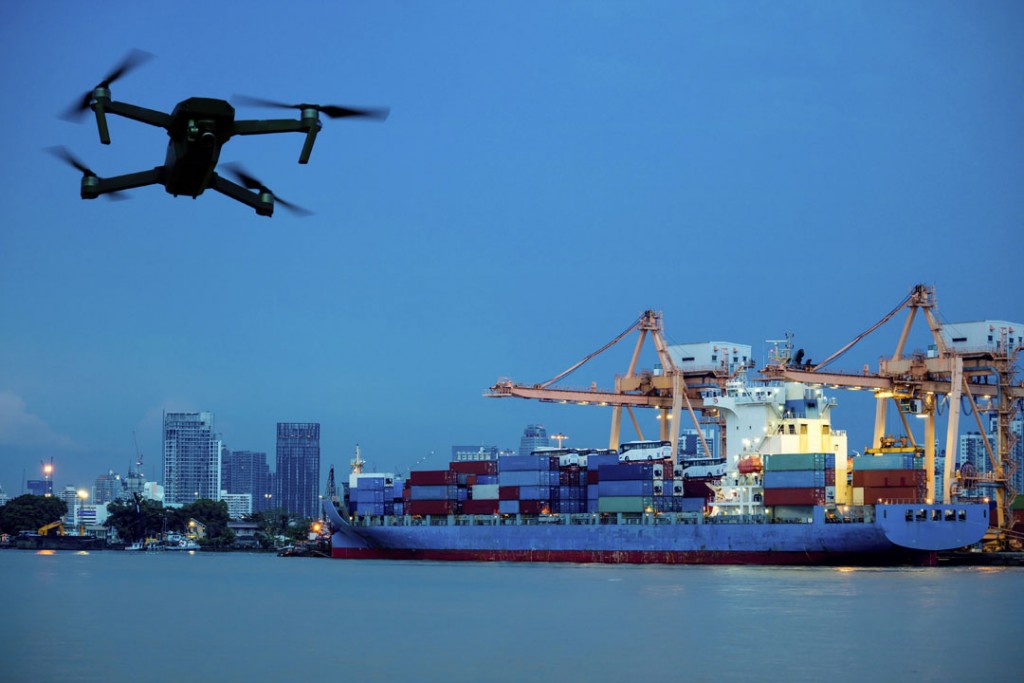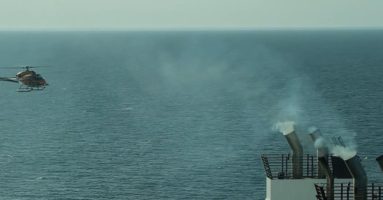A two-year research project to measure real-world methane emissions from LNG-fueled ships in Europe. The project is a collaboration between the International Council on Clean Transport (ICCT), Explicit ApS, a Denmark-based emissions control company, and TNO, an independent Dutch research organization.
April 6, 2022
Use of liquefied natural gas (LNG) as a marine fuel grew by nearly 30% between 2012 and 2018, leading to an estimated 150% increase in methane emissions from international shipping during that period, according to the Fourth Gas Study. IMO Greenhouse Effect. These estimates are uncertain because they are based on emission factors developed from the existing literature, which represent only a few studies focused on limited shipboard or laboratory measurements. The amount of methane emitted by ships fueled with LNG is a
depending on engine type, engine load, and fugitive emissions from fuel and cargo tanks. More data is needed to know the actual methane emissions from LNG fueled ships under real conditions. In addition, improvements in engine design in recent years may not be fully reflected in earlier studies. Furthermore, since LNG-fueled ships can use both fossil and renewable fossil and renewable fuels, understanding the conditions in which methane emissions are high or low is a key to identifying a green path for shipping.

The project
The FUMES (Fitive Methane Emissions from Ships) project will measure methane emissions from ships fueled by liquefied natural gas under real conditions, using continuous emissions monitoring in the stack, drones and helicopters. Its goal is to produce the largest and most comprehensive set of data for actual shipping methane emissions from LNG-fueled ships, including engines, fuel tanks and cargo tanks. The project runs until December 2023, with measurements in 2022, and will produce a peer-reviewed white paper
peer-reviewed to be published in 2023. Methane leaks from marine engines will be measured, as well as fugitive emissions from fuel and cargo tanks. Since methane leakage is related to engine technology, the project will focus on measuring emissions from low-pressure dual-fuel (LPDF) and high-pressure dual-fuel (HPDF) engines. The latter is known for its low methane emissions, but other engine factors, such as age, can also play a role. In FUMES, the objective is to directly measure the methane emissions of the largest possible number of ships fueled with LNG throughout the project. Nitrogen oxides (NOx) emissions will also be measured and reported. The results will be published in a publicly available, peer-reviewed white paper. The results, which will include an estimate of emission factors for methane and NOx, are expected
by engine type for ships measured, inform ongoing policy discussions in the International Maritime Organization and the European Union on how to develop and enforce regulations that reduce methane and NOx emissions to mitigate the impact of shipping on the climate and air quality.
project activities
The project consists of several measurement campaigns. The shipboard campaign will measure methane emissions from two vessels using a combination of chimney-mounted and drone sensors. If possible, one of the vessels will use a 4-stroke LPDF engine and the other a 2-stroke HPDF engine. The drone campaign to measure methane plumes from the largest possible number of LNG ships entering or leaving European ports. Potential ports currently include Rotterdam, Antwerp and Barcelona. Measurements will be carried out throughout the summer, divided into several stages. The fugitive emissions campaign with drones will aim to quantify the total methane emissions of LNG-fueled ships in different port operations such as docking, anchoring, fueling or LNG loading/unloading. The helicopter campaign will measure methane emissions from LNG-fueled ships in Danish waters throughout the year 2022.

Need to measure methane
Methane contributes to climate change, and its effects on global warming are especially strong in the first decades after its emission. The global warming potential of methane over 100 years is 30 times greater than the same amount of carbon dioxide.
same amount of carbon dioxide, according to the Intergovernmental Panel on Climate Change (IPCC). The 20-year global warming potential is even higher, at 82.5 times. The ships use methane in the form of LNG.
Although methane represents only a small proportion of the total fuel consumption in the global shipping fleet today (approximately 3% according to the IMO's Fourth Greenhouse Gas Study), methane emissions have grown rapidly in recent years. . As of February 2022, there are already 1,050 LNG-capable vessels and more than 700 additional LNG-capable vessels, according to Clarksons Research Service. This figure is higher than the approximately 350 vessels in 2012, according to the ICCT. Between 2012 and 2018, methane emissions from ships grew by 1,50%, according to the IMO's Fourth Greenhouse Gas Study, compared to a 10% increase in carbon dioxide emissions during the same period. Much of the increase in methane emissions is suspected to be due to ships using engines that emit significant amounts of unburned methane into the atmosphere. By capacity, the 15% of the new bulk carriers, the 30% of the new container ships, the 40% of the new tankers and the 50% of the new cruise ships will be able to use LNG, according to Clarksons data.
Ships are becoming a new and growing source of methane emissions, yet few studies have measured
real world emissions from LNG fueled ships. In the future, fossil LNG could be gradually replaced by renewable liquefied methane. Even then, it will be important to be able to calculate the potential GHG reductions from renewable methane, taking into account the ship's methane emissions.
the consortium

The ICCT o International Council on Clean Transportation (www.theicct.org) is an independent nonprofit independent nonprofit organization, founded in 2005 to provide top-quality, unbiased research and policy-relevant analysis for government officials and stakeholders. ICCT's mission is to improve the environmental performance and energy efficiency of road, maritime and air transport, in order to benefit public health and mitigate climate change.
explicit (www.explicit.dk) is a Denmark-based emissions control company specializing in manned and unmanned aircraft emissions. Having measured more than 4,000 ships, Explicit is the leading provider of maritime emission control services for European authorities.
TNO (www.tno.nl) is the largest knowledge organization in the Netherlands, with some 3,400
employees. TNO is an independent Dutch research organization serving companies, government institutions and public organisations. TNO's goal is to connect people and knowledge to create innovations that drive the competitive strength of the industry and the well-being of society in a sustainable way. TNO offers contract research and world-class specialized consultancy, including a long history of research related to methane engines and ship emissions.

